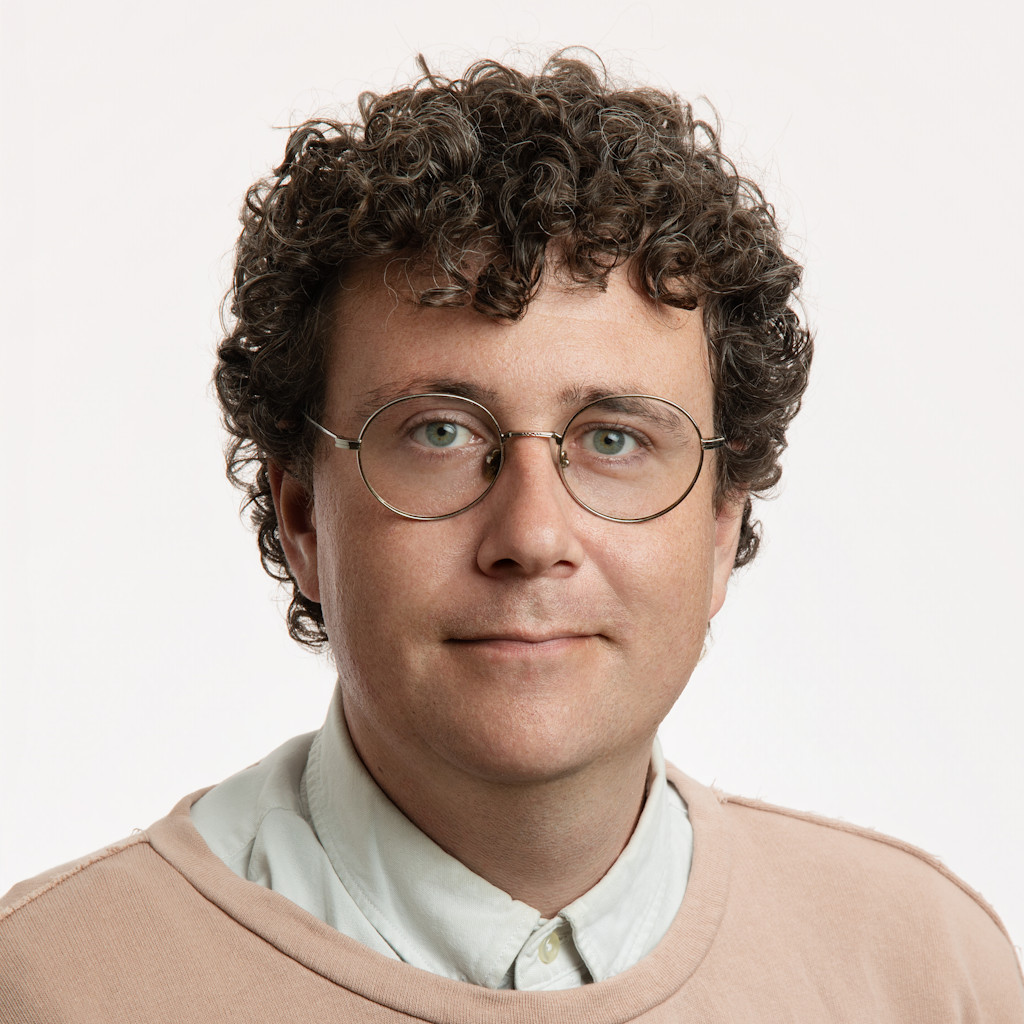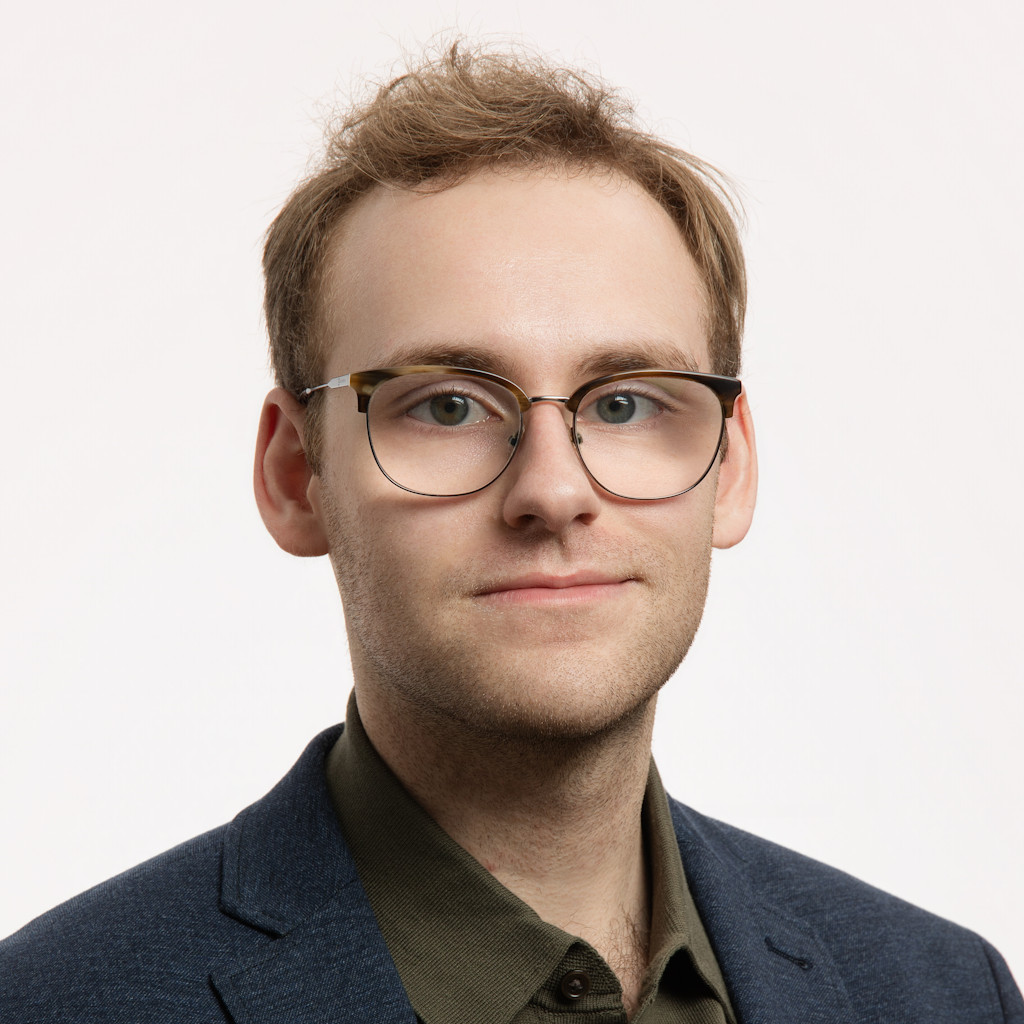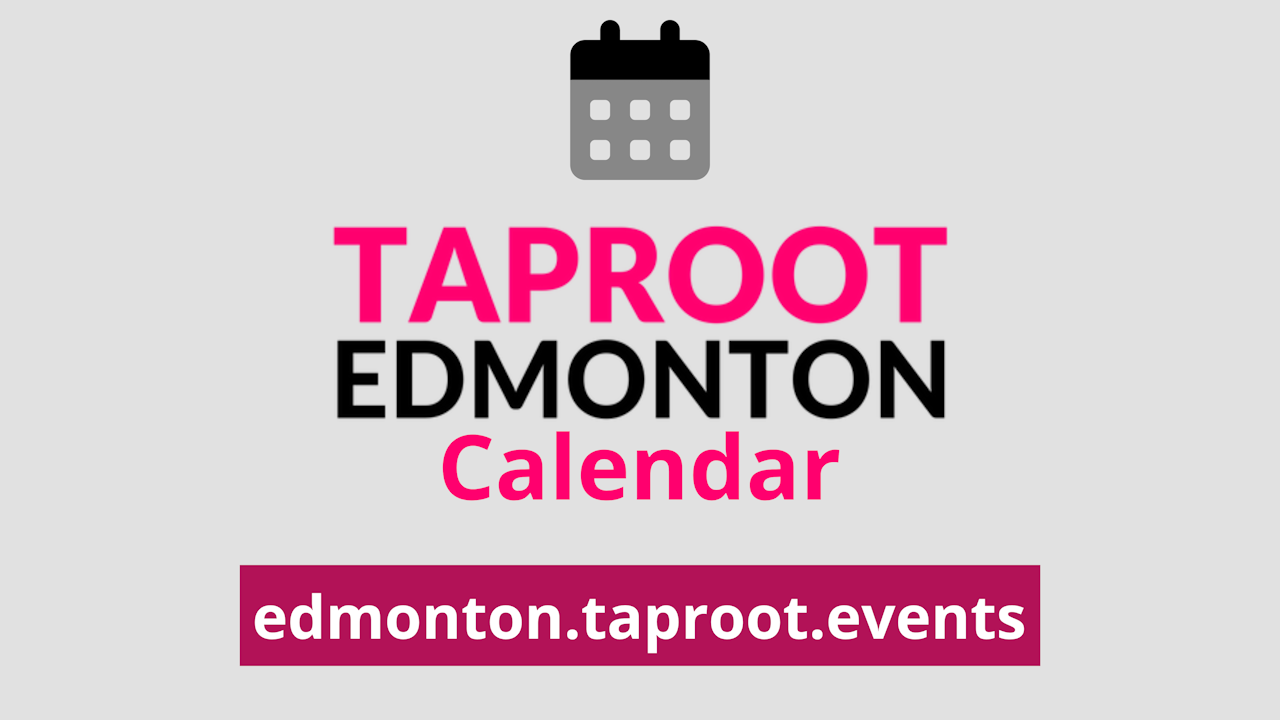
Summit aims to help non-profits to work as an ecosystem
ECVO is convening non-profit organizations that provide human services in Edmonton to focus on doing more without receiving additional money.
"Money is off the table because we don't have influence over that," Gemma Dunn, the executive director of ECVO, told Taproot about the upcoming Beyond the Status Quo Summit. "We want to talk about things that we have influence and power to solve … We're really going to talk about the strengths and the leverage we already have."
Dunn said there are roughly 6,000 charities and non-profits in Edmonton, 2,000 of which work in the human services sector. The sector provides clients with tools meant to improve their quality of life and is funded through donors and public agencies.
But Dunn said the sector's capacity to provide services is decreasing while the needs of those who use them are growing. Data backs this up. In its 2023 Facing the Storm study about non-profit organizations in Alberta, the Calgary-based Nonprofit Chamber, an equivalent organization to ECVO, found there is "an affordability crisis" in these organizations, with 82% of respondents paying higher expenses to operate and 63% struggling to meet the demand for their services.
One goal of the summit, Dunn said, is to find ways for service providers to share the wealth they already have. "What we see is that larger organizations have access to additional capacities that smaller organizations don't have," Dunn said. "That could be leadership training, that could be (professional development) dollars, it could be research and development dollars, it could be people who are working at a policy level inside of organizations. They have all these additional capacities that smaller organizations don't have."
Dunn added that larger organizations like Boyle Street Community Services, the Newcomer Centre, and BGC Big Brothers Big Sisters want to work with smaller organizations to take a "sector-based approach" to supporting people.
The summit will reckon with challenges non-profits face by prioritizing a common good, Dunn said. "If we look at the whole non-profit sector, if we look at how much money is there, collectively, we've probably got enough to do what we need to do," she said. "If we have it, then we've got a stronger case to go and ask for more based on really strong outcomes and a really strong understanding of where the money is."
The summit, which will run on April 9 at the Edmonton Convention Centre will focus on how non-profits might work as a community. Dunn said this is inspired by the idea of 'collective enoughness'. By working together, she said, the sector can look beyond serving individual mandates, board members, and clients to operate as an ecosystem.
"We know that one organization alone can't solve these social issues," she said. "The importance for collaboration is about, 'How do we come together to solve the complexity of the issues? How do we stop just putting Band-Aids on?'"









